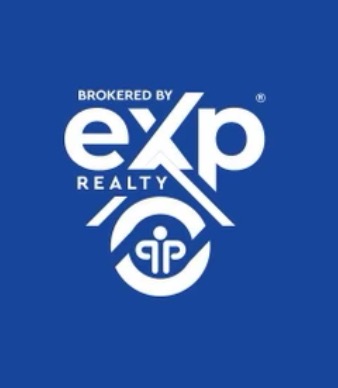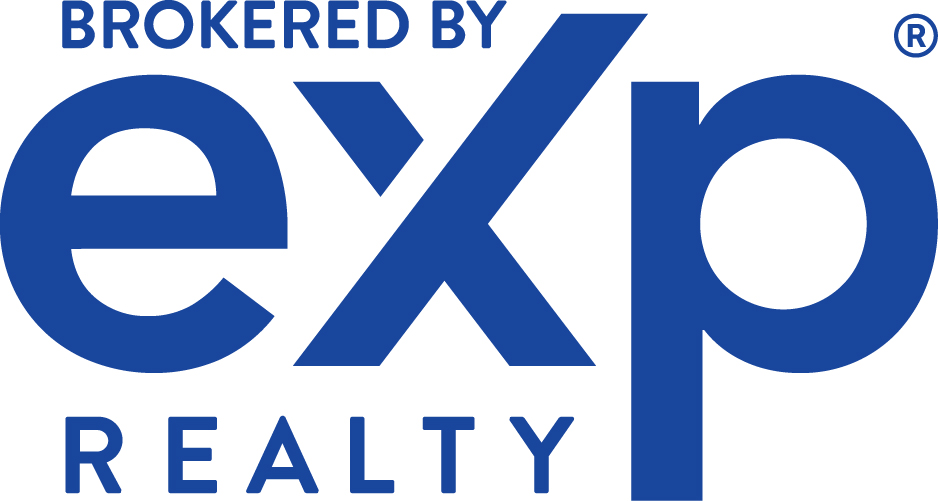> > DO HARD MONEY LOAN ORIGINATORS NEED AN MLO LICENSE/ENDORSMENT? > > Hard money loan originators typically need an NMLS license if they are engaging in mortgage origination activities that fall under federal or state regulations. Here’s a detailed explanation: > > When Do Hard Money Loan Originators Need an NMLS License? > > 1. Residential Loans: > > a) If the hard money loans are secured by residential properties (1-4 units), the originator must generally be licensed through the Nationwide Multistate Licensing System & Registry (NMLS). > b) This is required by the Secure and Fair Enforcement for Mortgage Licensing Act (SAFE Act), which mandates that individuals originating residential mortgage loans obtain a license, complete education requirements, and pass the appropriate examinations. > > 2. Commercial or Business Purpose Loans: > > a) If the hard money loans are for commercial or investment properties (e.g., multifamily units, retail spaces, or office buildings) or for business purposes, licensing requirements may vary by state. > b) Many states exempt purely commercial or business-purpose loan originators from NMLS licensing, but some still require registration or other credentials. > > 3. State-Specific Regulations: > > a) Licensing requirements can vary depending on the state where the originator operates. Some states, like California, require a license for nearly all types of loan origination through the California Department of Financial Protection and Innovation (DFPI) or the California Department of Real Estate (CalDRE). > b) In California, for example: > Originators of residential hard money loans generally need an NMLS license. > Commercial hard money loan originators may not need an NMLS license but could require other state registrations. > > 4. Loan Purpose: > > a) A key factor is whether the loan is considered a consumer loan (e.g., personal or household use). Consumer-purpose loans require stricter licensing and compliance with federal consumer protection laws, such as TILA (Truth in Lending Act). > > Consequences of Operating Without an NMLS License > > Operating as a hard money loan originator without proper licensing can result in severe penalties, including fines, lawsuits, and loss of business. > > Federal and state agencies actively monitor compliance, and originators found in violation may face restrictions on their ability to operate in the future. > > How to Obtain an NMLS License > > 1. Complete Pre-Licensing Education: > > a) 20 hours of NMLS-approved education, including federal law, ethics, and nontraditional mortgage products. > > 2. Pass the SAFE MLO Test: > > a) A national exam covering mortgage regulations, ethics, and origination practices. > > 3. Submit an Application: > > a) Apply through the NMLS website, including fingerprinting, background checks, and financial disclosures. > > 4. Maintain Licensing: > > a) Complete continuing education annually to renew the license. > > Conclusion > > Whether a hard money loan originator needs an NMLS license depends on the type of loans they handle and the state they operate in. Originators dealing with residential properties or consumer-purpose loans are generally required to have an NMLS license. For commercial or business-purpose loans, licensing requirements may be more flexible but can still vary by jurisdiction. Always check federal and state regulations to ensure compliance. >

